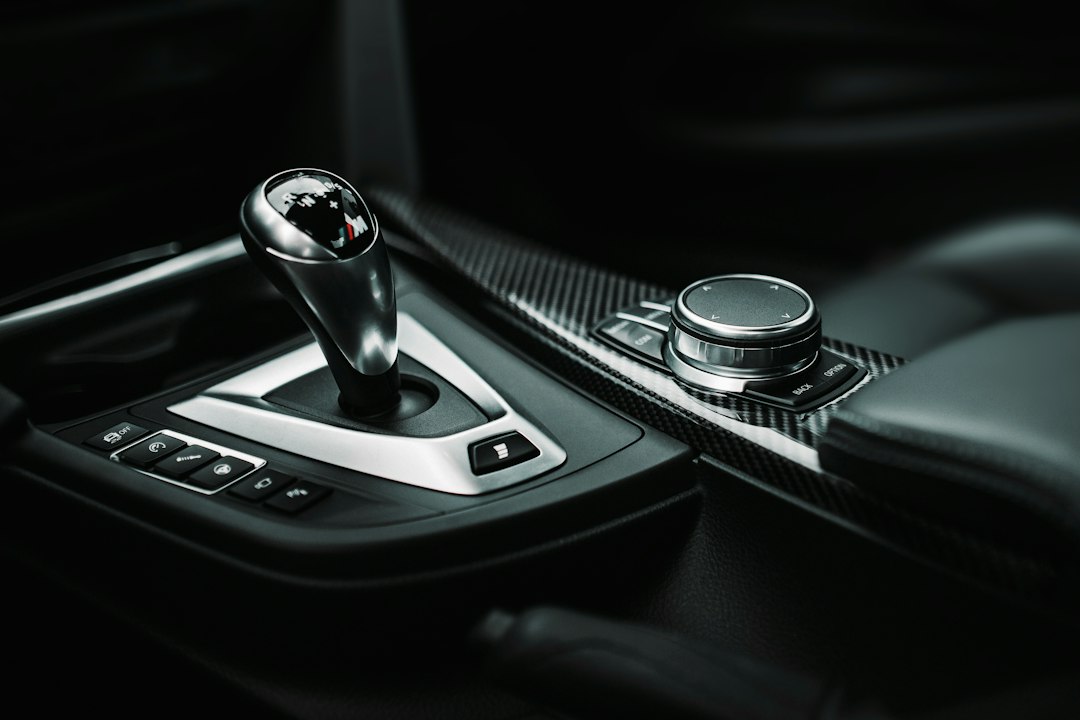The Impact of Technology on Modern Car Interiors
Gone are the days of plain and simple car interiors. With the rapid advancements in technology, modern car interiors have become more innovative, cohesive, and luxurious than ever before. From touchscreens and voice-controlled systems to advanced safety features and customizable settings, technology has had a significant impact on the design and functionality of car interiors.
One of the most noticeable changes in modern car interiors is the integration of touchscreens. These high-resolution screens have replaced conventional control buttons and knobs, providing drivers with a more intuitive and interactive driving experience. With touchscreens, drivers can easily access various functions, such as navigation, audio controls, climate control, and smartphone connectivity. This technology not only enhances convenience but also reduces distractions, as drivers can quickly and safely adjust settings without taking their eyes off the road.
Another significant impact of technology on modern car interiors is the introduction of voice-controlled systems. With the rise of virtual assistants like Siri and Alexa, many car manufacturers have integrated voice recognition software into their vehicles. This allows drivers to control various functions and settings using voice commands, eliminating the need for manual controls. Voice-controlled systems can be used to make phone calls, send texts, play music, and adjust settings, providing a hands-free and safer driving experience.
Furthermore, technology has drastically improved the safety features in modern car interiors. Advanced driver-assistance systems, such as blind-spot monitoring, lane-keeping assist, and adaptive cruise control, have become commonplace in many vehicles. These systems use sensors, cameras, and artificial intelligence to detect potential hazards and help prevent accidents. Additionally, some cars are equipped with features like automatic emergency braking and pedestrian detection systems, which can greatly reduce the risk of accidents and injuries.
The impact of technology on modern car interiors is not limited to functionality alone; it has also revolutionized the design and aesthetics of car interiors. With the use of LED lighting, manufacturers can create ambiance and mood lighting within the cabin. This not only enhances the overall look of the interior but also improves visibility and safety during nighttime driving. Additionally, customizable settings have become increasingly popular, allowing drivers to personalize their driving experience. From adjustable seat positions to customizable dashboard displays, technology has enabled drivers to tailor their car interiors to their preferences.
One of the most significant advancements in car interior technology is the integration of smartphone connectivity. With features like Apple CarPlay and Android Auto, drivers can seamlessly connect their smartphones to their vehicles and access various apps and features. This allows for hands-free calling, messaging, music streaming, and even navigation apps like Google Maps or Waze. Smartphone integration not only enhances convenience but also promotes safer driving by reducing the need for distracted phone usage.
However, the impact of technology on modern car interiors is not without its challenges. The increasing complexity of car interiors can be overwhelming for some drivers, especially those who are less tech-savvy. Moreover, the reliance on technology in cars poses concerns regarding cybersecurity and data privacy.
In conclusion, the impact of technology on modern car interiors has been transformative. From touchscreens and voice-controlled systems to advanced safety features and smartphone connectivity, technology has greatly enhanced the functionality, safety, and aesthetics of car interiors. While there are concerns regarding complexity and cybersecurity, the integration of technology in car interiors is undoubtedly a game-changer in the automotive industry.

